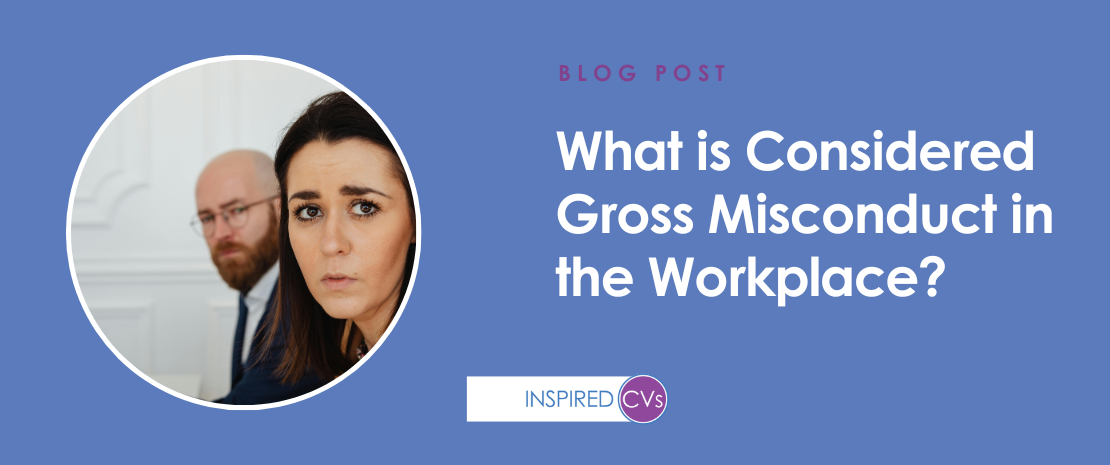Get in touch
For a quick chat or more information about our services, get in touch:

Being dismissed for gross misconduct is a serious matter. It typically means your employment has been terminated immediately, without notice or additional pay. Unlike dismissals due to performance issues or redundancy, gross misconduct involves behaviour so serious that it breaks the trust between you and your employer. Ultimately, it happens when an employer believes there is no way back for the employment relationship to succeed.
Before any action is taken, employers are required to carry out a thorough disciplinary process to determine whether the behaviour is, in fact, gross misconduct. It is important to understand your employee rights regarding gross misconduct, and you may wish to seek HR advice at this point.
Employees are human, and as humans, we make mistakes. However, where a genuine mistake turns out to be gross misconduct is when it crosses a line. It is not a mistake but an action that undermines the employment relationship. When this occurs, it will usually end in a dismissal process.
If you’ve been accused of gross misconduct, it’s important to understand how this differs from general poor conduct. Here are some examples that are often considered gross misconduct:
These are just a few examples—many other actions may also fall under gross misconduct depending on the situation and workplace policies.
If you’ve been accused of gross misconduct, your employer must follow a fair and reasonable dismissal process before reaching a conclusion. Here's what that typically involves:
Your employer should carry out a full investigation to understand what happened. This might include reviewing CCTV footage, collecting witness statements, and gathering other relevant evidence. You might be suspended during this process (with full pay), especially if there’s a potential risk to others or the business.
If the investigation suggests there’s a case to answer, you’ll be invited to a disciplinary hearing. You should receive proper notice and be given the chance to present your side of the story. You also have the right to bring someone with you—like a colleague or union representative. Your employer should record the discussion and provide copies of any evidence presented. You may also wish to seek HR advice at this point to understand your situation and employee rights.
After the disciplinary hearing, your employer will review the evidence and decide whether the allegations amount to gross misconduct and if dismissal is the appropriate outcome. You may wish to seek HR advice at this stage of even an employment tribunal if you believe you have been treated unfairly.
At Inspired CVs, we offer dedicated HR support to employees facing challenging workplace situations. Whether you’ve been accused of gross misconduct or need advice on your rights, we’re here to help. We provide one to one consultations to support you now and with your future career.
Contact us or book your HR consultation today to speak with a professional.
For a quick chat or more information about our services, get in touch: